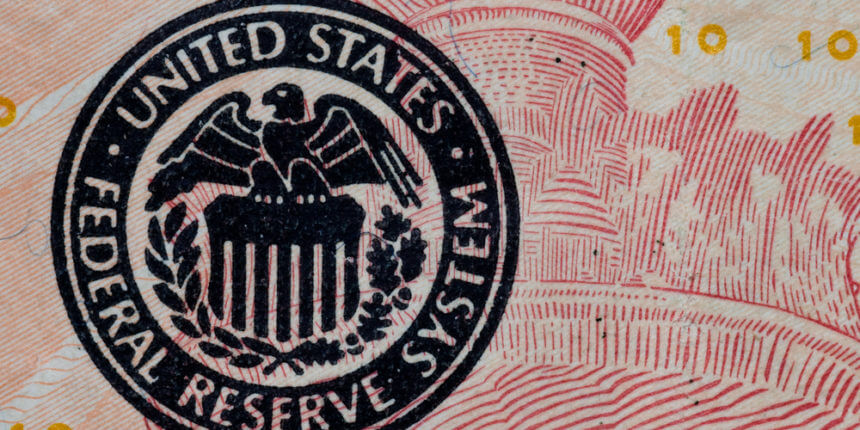U.S. lawmakers urge Federal Reserve to develop "national digital currency"

Two U.S. congressmen recently delved into the rise of cryptocurrencies, expressing concerns about the current status of the U.S. dollar and urging the Federal Reserve to create a "national digital currency."
Table of Contents
The members of the U.S. House Financial Services Committee, French Hill and Bill Foster, have written an open letter to Federal Reserve Chairman Jerome Powell, discussing the ancient nature of the U.S. dollar, which was issued by Congress 240 years ago. The lawmakers believe:
As digitization sweeps the globe, governments worldwide are taking action to modernize their monetary systems and reshape the way value is transferred, distributed, and created, highlighting the risk of the U.S. dollar becoming stagnant.
The letter also mentions the launch of Facebook's Libra, a digital asset project that is working to appease regulators. Governments face the potential expansion of a massive project that enables cross-border remittances without banks, as easy as sending an email, with a potential user base of billions.
These developments have prompted the two lawmakers to reconsider how to address the threat to the U.S. dollar. While most governments do not believe that digital asset technology will replace traditional currencies, they are devising plans to create competitive products to mitigate the risks of traditional currencies becoming obsolete or significantly diminished. The letter points out:
The nature of money is changing. This is not a new phenomenon, as people will recall the development of paper money from coin-based systems in 9th century China. The future evolution of money and payment methods may be a turning point, and the Federal Reserve should have the capability to develop a national digital currency.
The lawmakers argue that the demand for a U.S. digital currency is "imperative" and highlight current experimental projects around the world, including Sweden's "e-Krona," Uruguay's "e-Peso," and a national digital currency supported by the People's Bank of China expected to launch in 2020. Cryptocurrencies are also mentioned:
Although some Americans use cryptocurrencies for speculative purposes, digital assets may increasingly fulfill the role of paper money in the future.
According to reports, the lawmakers also point out the rising threat from the private sector, stating:
If the Libra project goes live, it could extend beyond the U.S.' jurisdiction in financial governance. Within the private sector, JPMorgan Chase recently created and successfully tested a digital currency representing fiat money. Additionally, Wells Fargo plans to start testing Wells Fargo Digital Cash next year, a cryptocurrency pegged to the U.S. dollar.
Related Reading
- New Zealand becomes the first country to legalize payment of wages in Bitcoin
- Major mainstream exchanges form "Crypto Rating Council," with Binance excluded
Join now to receive the most comprehensive information on financial technology, blockchain insights, and industry examples!
Related
- Swaziland proposes CBDC plan that allows for physical card storage and supports offline payments
- Standard Chartered Bank joins China's CBDC pilot program to expand cross-border merchant payments and trade financing.
- Chinese cities along the Belt and Road Initiative promote digital RMB, with Hong Kong serving as a cross-border payment testbed